Sam Altman once said that OpenAI has the "best partnership in technology" with Microsoft. Now, this "marriage" in Silicon Valley has a red light.
Over the past six years, Microsoft has injected billions of dollars into the AI startup, providing strong impetus for its rapid growth, helping OpenAI launch ChatGPT to gain more than 500 million users per week. OpenAI provides Microsoft with advanced generative AI tools, which also tripled the tech giant's stock price.
But the partnership has now rifted. According to insiders,The two CEOs are increasingly disagreeing on issues such as the computing resources provided by Microsoft for OpenAI, Microsoft's access to the OpenAI model, and whether the AI system under Altman's leadership will soon realize human-like intelligence.Microsoft CEO Satya Nadella has prioritized driving the sales and use of ChatGPT rival Copilot, and quietly hired an Altman competitor last year to form a team to develop Microsoft's own big model to reduce reliance on OpenAI.
Although the two companies are preparing for a possible "separation" in the future, they still have great influence on each other at the critical moment of this global AI competition.
According to people familiar with the matter,Microsoft has the ability to stop OpenAI from transforming into an independent and profitable company.If this transformation cannot be completed by the end of this year, OpenAI could lose tens of billions of dollars. However, a person familiar with the matter said that so far, Microsoft has not threatened such action. Meanwhile, OpenAI's board of directors has the right to initiate a clause in the contract that prohibits Microsoft from accessing its state-of-the-art technology. Some people familiar with the matter said that OpenAI has discussed many times whether to use this clause in the past year.
Altman and Nadella started with a chance encounter in the summer of 2018. That year, the two had a brief conversation in the stairwell at the Allen & Co. annual investment banking conference in Sun Valley, Idaho. At that time, Altman had just co-founded OpenAI with others, committed to developing universal artificial intelligence (AGI) beyond humans. During those five minutes of exchange, Altman revealed that OpenAI plans to raise funds on a large scale, and the two then made an appointment to stay in touch.
A year later, Microsoft invested $1 billion in OpenAI to gain exclusive access to technology and become its only cloud service provider. Although the cooperation did not attract widespread attention in the early stages of the cooperation, the emergence of ChatGPT in November 2022 quickly ignited the global enthusiasm for generative AI, forcing Silicon Valley giants such as Google and Meta to re-plan their strategies, and also allowed Microsoft to emerge in the new round of AI competition, and even topped the global market value list for a time.
According to the Wall Street Journal,At the stage when the two companies are most closely related, Nadella often sends multiple text messages in a row, and Altman always responds in time.When internal communication is blocked, Altman even posted screenshots of his text messages with Nadella in OpenAI's Slack group to break the deadlock.
In early 2023, Microsoft invested another $10 billion to support OpenAI to rent Microsoft's data center training new models. However, the OpenAI board of directors suddenly removed Altman in the same year, causing a storm. Nadella quickly made a statement, showing her firm support for Altman.This storm is regarded as a "small episode" within OpenAI, but for Nadella, it sounded a wake-up call - Microsoft must be prepared for the possibility of losing Altman or OpenAI itself.
Without Altman's knowledge, Nadella began to contact Suleiman, the co-founder of Google DeepMind, and after several meetings, he and the Inflection AI team earned him $650 million.Suleiman's mission is to develop large language models that are enough to challenge GPT-4, but the initial progress of the project is not smooth, and Microsoft has to continue to rely on OpenAI's technical support.
According to people familiar with the matter, Suleiman angrily criticized OpenAI's lawyers in person at a meeting involving intellectual property sharing, causing tension from senior officials. The fundamental reason for the conflict is that OpenAI is moving towards a human-like intelligent model. According to the agreement with Microsoft, once such a model is successfully developed, the OpenAI board of directors has the right to re-examine the relationship between the two parties. Altman was confident about this, but Microsoft representatives clearly objected in a closed-door meeting, saying that the current technology is far from meeting this standard, and Nadella even called it a "ridiculous standard game" in a podcast.
OpenAI was quite surprised at Microsoft's position. Meanwhile, OpenAI hopes Microsoft will provide more computing power and top-level chip resources, while Microsoft responded that it has done its best and has appropriately relaxed some exclusive terms. Tensions between the two sides further intensified last summer, and when OpenAI developed a new model code-named "Strawberry", it slowed down in technology delivery, which caused dissatisfaction from Microsoft. The OpenAI team is said to be still exploring the capabilities of the model, so it takes time to polish it.
The once-warming text messages have now become routine calls once a week.It is reported that Microsoft and OpenAI were originally negotiating a large-scale data center project, but the plan was put on hold after Altman was removed. In January this year, Altman appeared on the White House podium and jointly announced a $500 billion investment plan called "Star Gate", led by Japanese consortium and Oracle. The concept of this project is one of the blueprints he once hoped to work with Nadella to advance.
At that time, Nadella was in Davos thousands of kilometers away and missed this key announcement symbolizing the future AI landscape.
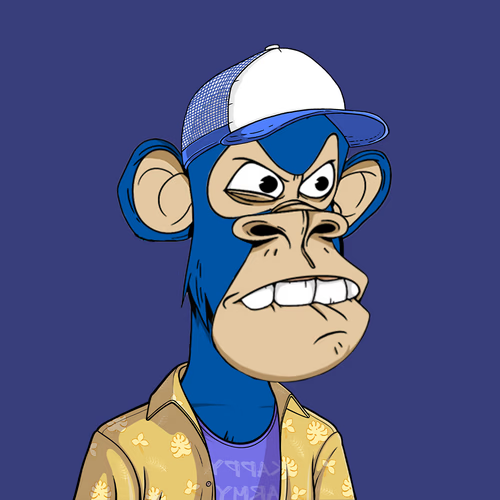










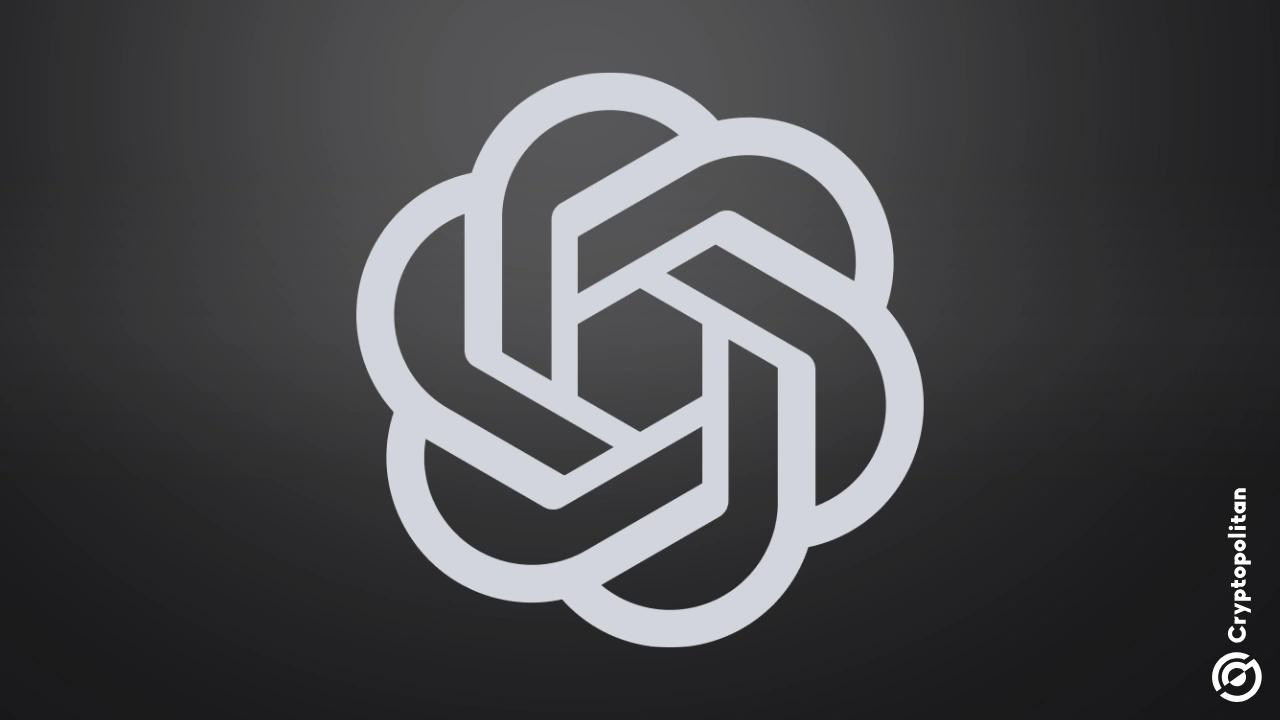
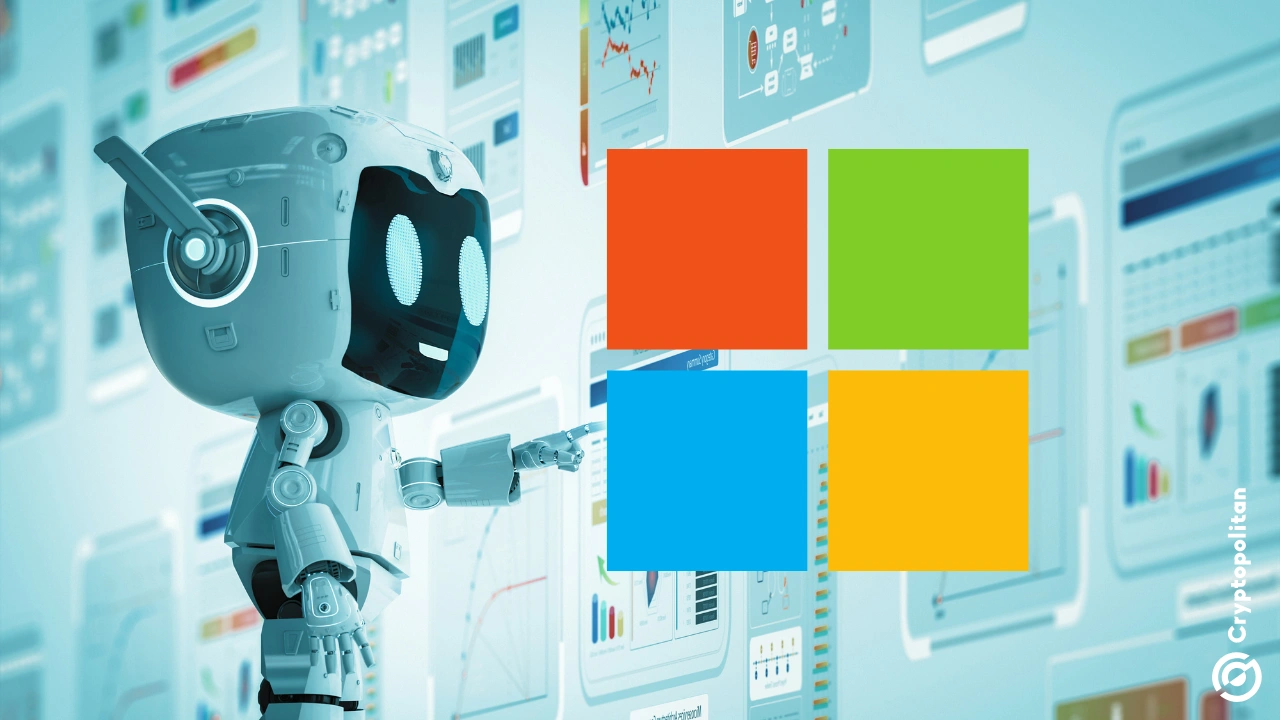
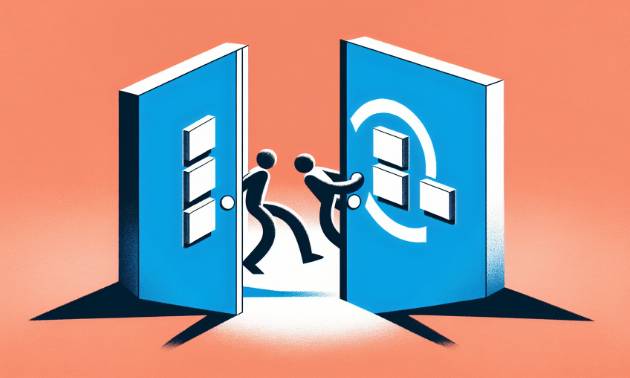
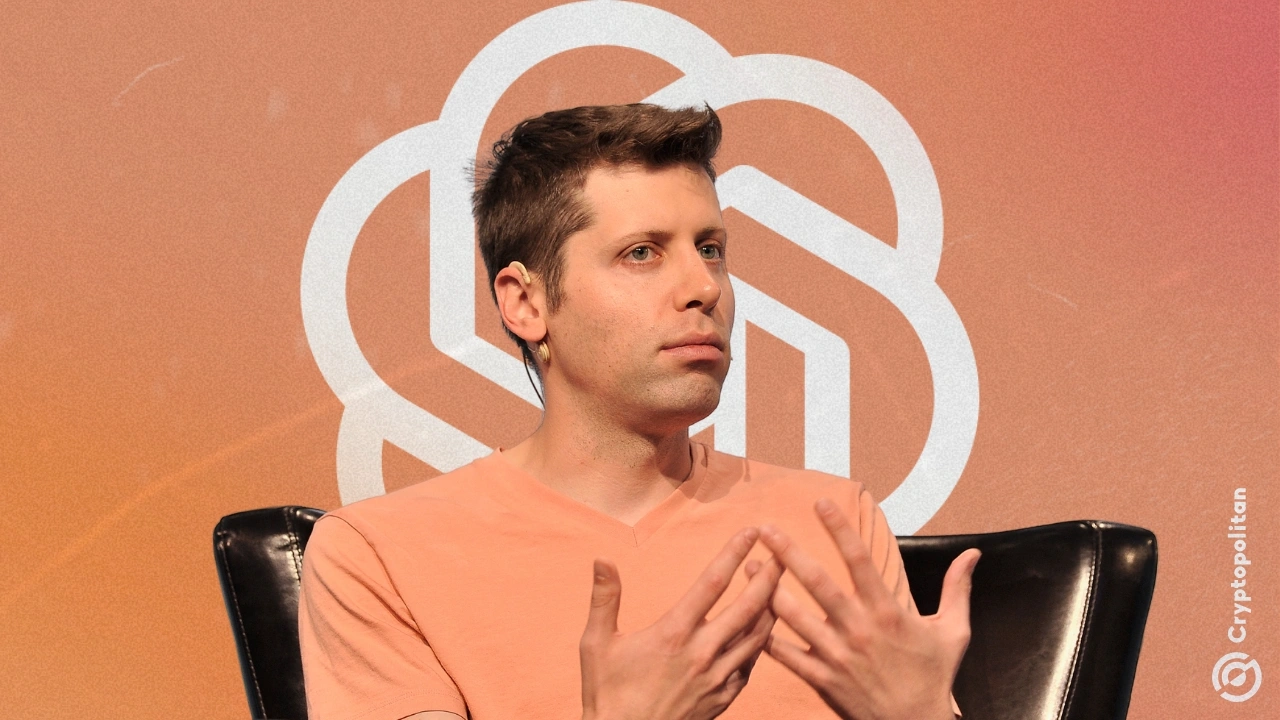
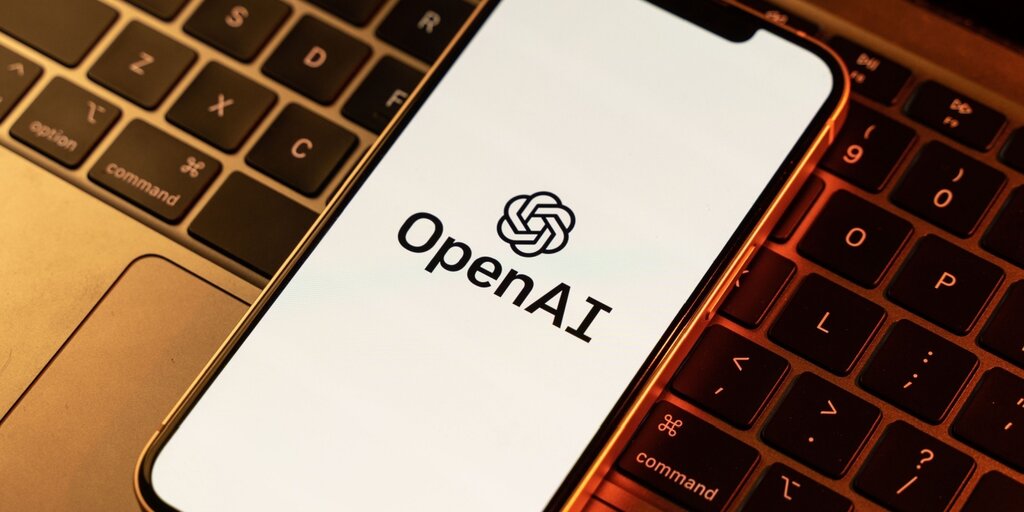
No comments yet